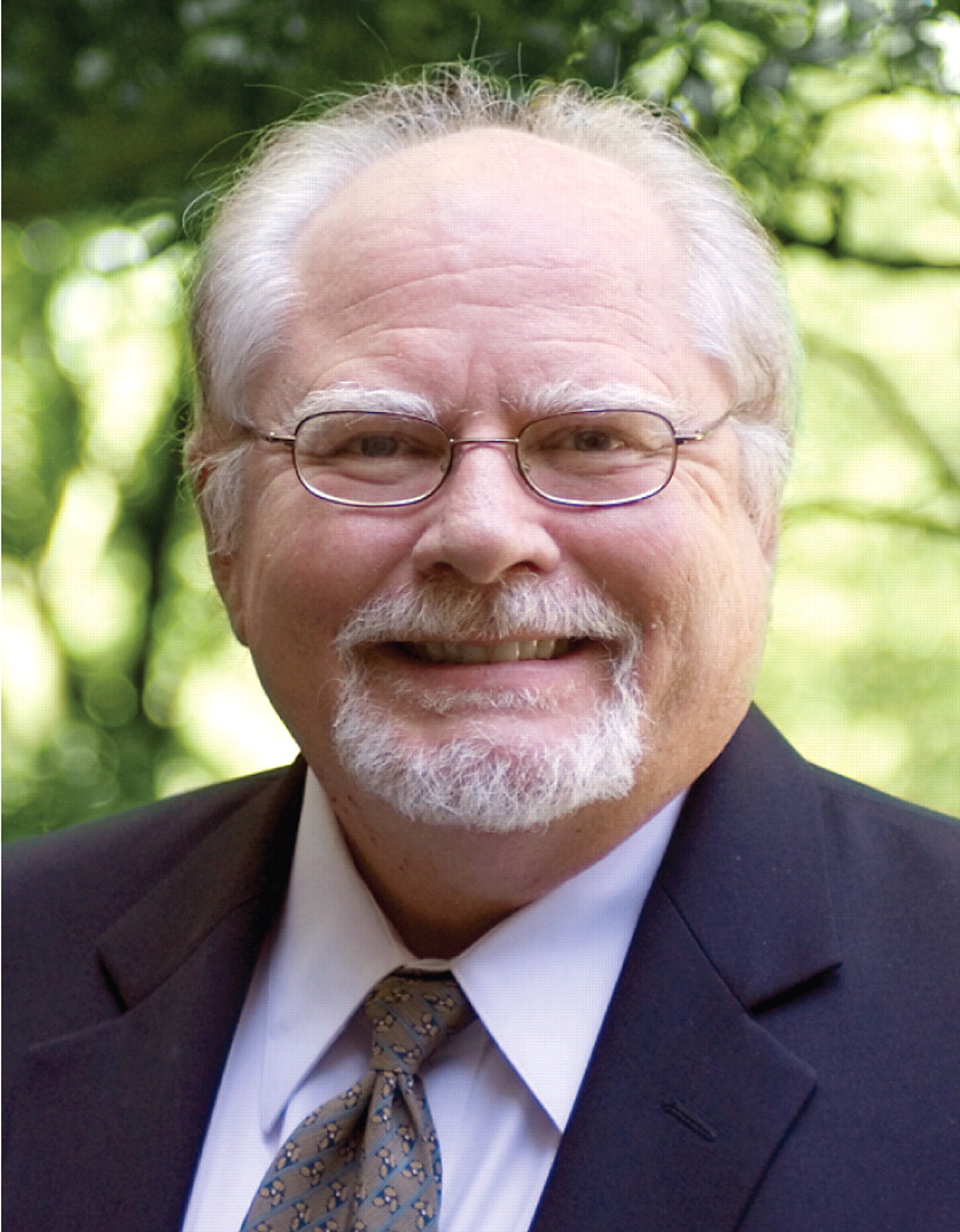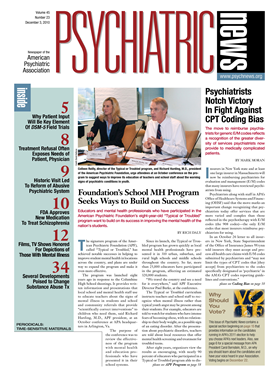The shortage of physicians in the United States today has become even more acute with enactment of the health care reform law. While millions more patients will receive insurance, medical school and residency slots have not been substantially increased, leaving too few doctors to meet the increased demand for medical care. One effect of this imminent development is an expected decrease in the amount of mental health care provided by primary care physicians, who will face ever-increasing demands for their time, say mental health advocates like John Bartlett, M.D., M.P.H., a psychiatrist and senior advisor for the Primary Care Initiative at the Carter Center in Atlanta.
Primary care physicians now provide the majority of screening and treatment for psychiatric illness, according to research findings from multiple studies. For example, the 2005 and 2006 National Survey on Drug Use and Health, a nationally representative sampling, found 62 percent of adults who sought mental health care received it from their primary care physicians; 11 percent received such care from another type of physician who also was not a psychiatrist.
The expected nationwide shortage of physicians in coming years grew by 50 percent following enactment of the health care reform law earlier this year, according to new workforce projections by the Association of American Medical Colleges (AAMC). The nation will face an estimated 62,900 physician shortfall in 2015 and a 91,500 shortfall by 2020.
Those estimates are in line with other recent physician workforce projections, said APA Medical Director James H. Scully Jr., M.D., in an interview with Psychiatric News. Such expected physician shortfalls are a sharp departure from predictions of a physician surplus issued as recently as the mid-1990s.
New Law Will Aggravate M.D. Shortage
The health care reform law's provisions that are expected to exacerbate the shortage include a requirement that all states offer Medicaid access by 2014 to any individual or family whose income is up to 133 percent of the federal poverty level ($14,404 for an individual and $29,327 for a family of four in 2010), as well as the 2014 requirement that insurers accept all applicants and that most Americans obtain health insurance. Although the projections were not broken down for all specialties, the shortage in the number of primary care physicians was expected to rise from 9,000 in 2010 to 45,400 in 2020.
AAMC officials attributed the widening gap to a rapidly aging U.S. population in addition to the increased access that will follow implementation of the new health care law.
“The United States already was struggling with a critical physician shortage, and the problem will only be exacerbated as 32 million Americans acquire health care coverage, and an additional 36 million people enter Medicare,” according to an AAMC statement issued with the new projections in late October.
Impact to Be Felt on Mental Health Care
The shortage of primary care physicians is expected especially to impact patients who need mental health care.
“We feel that we will not have sufficient numbers of primary care doctors to support this [post health care reform] system,” said Michael Barr, M.D., senior vice president of medical practice, professionalism, and quality at the American College of Physicians, during an October summit at the Carter Center Mental Health Program.
The summit convened medical experts to analyze the potential of the looming physician shortage to impact patients' access to needed mental health care and to suggest ways to address that. Their recommendations are expected this winter.
The growing physician shortage also is expected to exacerbate the problem of most medical schools inadequately training their students to closely coordinate the treatment they provide to patients who are also receiving care from other physicians. The lack of care-coordination training in both residency and at many medical schools, said Bartlett, is most apt to affect patients with mental illness. That's because when a patient suffers from multiple chronic illnesses, psychiatric illness is usually one of them. And when mental illness is left untreated, it can undermine the ability of patients to follow the treatments for their other illnesses.
Scully noted that access to mental health care should improve as recent changes requiring public and private insurers to pay for such care are implemented under the 2008 federal insurance parity law and Medicare, which is now phasing in the same copayment for mental health care as it has for other types of health care.
“Changing the ways of paying for [mental health] care may affect more people than anything else,” Scully said.
Additionally, he acknowledged that research has found shortcomings in the quality of mental health care provided by primary care physicians and urged primary care physician associations to enhance the mental health training they provide to their members.
Bartlett said both public and private insurers will spend “a lot of money” in the coming years to retrain physicians to better coordinate care with other clinicians.
Efforts to increase the overall number of medical school slots have had some success in recent years, Scully said. For instance, the increase in the number of new medical schools will help add 7,000 additional graduates every year over the next decade. Nearly two dozen medical schools either have opened recently or are expected to open in the next few years, which are the most new schools since the 1970s, Scully noted.
However, the estimated shortage of nonprimary care specialty physicians such as psychiatrists will remain, according to the AAMC, unless Congress increases Medicare-funded residency training slots by at least a 15 percent (that would add 4,000 physician-graduates a year). Medicare funding for residency positions has been capped at 100,000 slots since 1997.
The Department of Health and Human Services estimates that the overall physician supply will increase by just 7 percent in the next decade, which also is the expected growth rate for the number of psychiatrists. During the same period, one-third of all practicing physicians are expected to retire, and the number of Americans aged 65 and older is projected to grow by 36 percent, according to the AAMC figures.
Both APA and the AAMC are lobbying Congress for additional medical school and residency training funding. Specifically, new legislation is expected in the next Congress that would authorize a 15 percent increase in Medicare funding for residency slots, according to an AAMC official.


